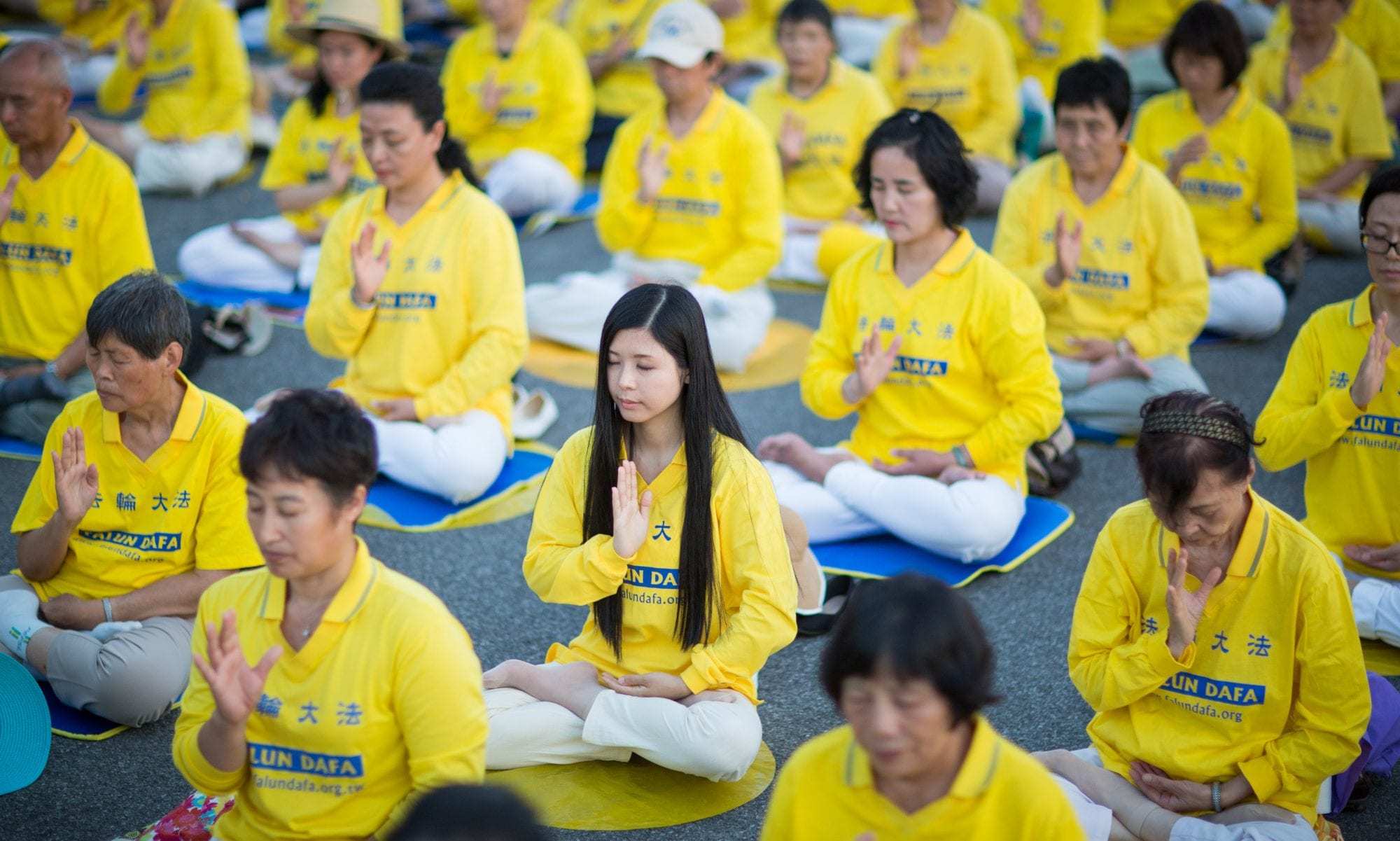The beginnings of the persecution can be seen as early as 1996, when Zhuan Falun, the main text of Falun Gong and a consistent bestseller, was banned from further publication, and state propaganda and police harassment began to grow. In early 1999, police arrested around 40 Falun Gong practitioners in Tianjin, prompting more than 10,000 practitioners to gather near the Zhongnanhai government compound in Beijing on April 25, 1999 to demand an end to the harassment.
Then-Party chief Jiang Zemin felt threatened by Falun Gong’s immense popularity. On June 10, he established the 610 agency—named for the date of its creation—and gave it extralegal powers to do whatever was necessary to stamp out Falun Gong and force practitioners to give up their beliefs. On July 20, 1999, Jiang Zemin officially launched the persecution, banning Falun Gong, and arresting thousands of adherents.
Over the past 21 years of persecution, hundreds of thousands of practitioners have been arrested and detained. According to human rights groups, practitioners have been subjected to forced labor, torture, and even forced live organ harvesting. Because of the information blockade, it’s impossible to know how many Falun Gong practitioners have died at the hands of China’s communist regime.
Alongside the physical violence came an ubiquitous propaganda vilifying the practice. State-run media manufactured stories of mutilation and suicide; yet when investigators scrutinize such cases, they find stories of individuals who do not exist and crimes committed by people who have nothing to do with Falun Gong. Propaganda has even spread overseas, through Chinese-sponsored media and educational initiatives.
Why is Falun Gong Persecuted?
Out of the more than 2,000 qigong practices that existed in China at that point, why did the Chinese regime target Falun Gong? This may be explained by the practice’s spiritual emphasis, a stark contrast to communist atheist ideology. During the Cultural Revolution in the 1960s, the Chinese Communist Party waged war upon tradition, burning scriptures and smashing temples. Besides Falun Gong practitioners, Tibetan Buddhists and house Christians are also suppressed by China’s atheist regime.
It’s also possible the Chinese Communist Party worried its power would be weakened, since Falun Gong practitioners valued living by certain moral principles far more than group loyalty and blind devotion to the Chinese Communist Party. In particular, Jiang Zemin, then-head of the Chinese Communist Party, felt extremely jealous of Falun Gong’s immense popularity in China, since there were more Falun Gong practitioners than Chinese Communist Party members at the time.
Regardless of the specific motivations, it’s important to note that the Chinese regime’s persecution of Falun Gong is not only uncalled for, but completely illegal. The Chinese constitution and various treaty obligations guarantee fundamental human rights to the Chinese people; this persecution, which can only be labeled as a rampant and thorough suppression of religious freedom, violates these legal obligations. The world should stand firmly at the side of the Falun Gong practitioners in China.

